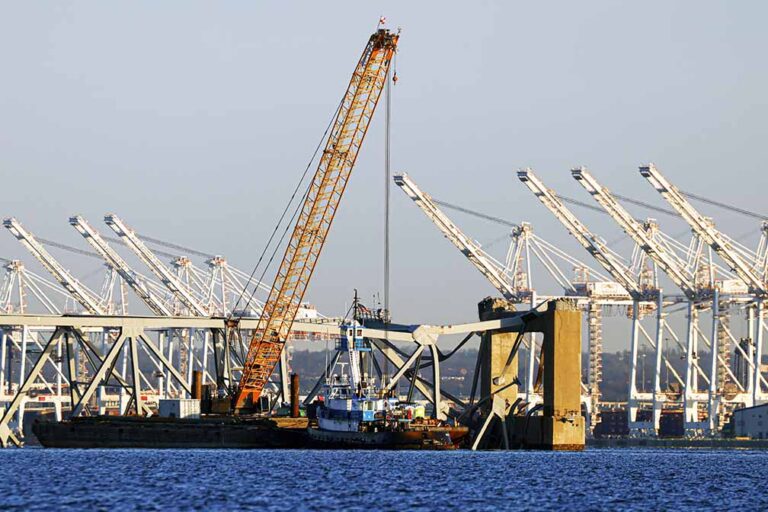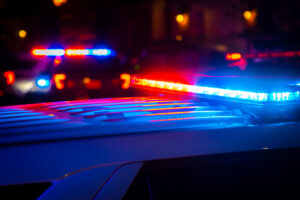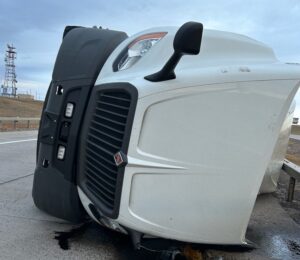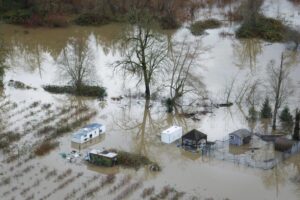BALTIMORE — During the initial stages of a federal probe into the deadly collapse of Baltimore’s Francis Scott Key Bridge, investigators are focusing on the electrical power system of the massive container ship that veered off course.
Jennifer Homendy, chair of the National Transportation Safety Board, said her agency is gathering data with assistance from Hyundai, the manufacturer of equipment in the ship’s engine room. Testifying before a U.S. Senate committee Wednesday morning, she said investigators have also requested assistance to examine its circuit breakers.
“That is where our focus is right now in this investigation,” she said. “Of course, that’s preliminary. It could take different roads, different paths as we continue this investigation.”
Homendy said they’ve zeroed in on the electrical system. The ship experienced power issues moments before the crash, as evidenced in videos showing its lights going out and coming back on.
Homendy said information gleaned from the vessel’s voyage data recorder is relatively basic, “so that information in the engine room will help us tremendously.”
Investigators are also examining the bridge design and how it could be built with better pier protection “under today’s standards,” Homendy said.
The container ship Dali was leaving Baltimore, laden with cargo and headed for Sri Lanka, when it struck one of the bridge’s supporting columns last month, causing the span to collapse into the Patapsco River and sending six members of a roadwork crew plunging to their deaths.
Divers have recovered three bodies from the underwater wreckage, while the remaining three victims are still unaccounted for.
Crews have been working to remove sections of the fallen bridge and unload containers from the stationary Dali. Officials said they expect to open a third temporary shipping channel by late April, which will allow significantly more commercial traffic to pass through the port of Baltimore. The east coast shipping hub has been closed to most maritime traffic since the bridge collapse blocked access to the port.
Federal safety investigators remain on scene in Baltimore. They’ve conducted numerous interviews, including with the ship’s pilots and crew members, Homendy said during her testimony. She testified at a hearing on her nomination to continue serving as board chair for a second term.
She said the board’s preliminary report on the crash will likely be released early next month.
Safety investigators previously laid out a preliminary timeline leading up to the crash, which federal and state officials have said appeared to be an accident.
Less than an hour after the Dali left Baltimore’s port in the early hours of March 26, signs of trouble came when numerous alarms sounded. About a minute later, steering commands and rudder orders were issued, and at 1:26 a.m. and 39 seconds, a pilot made a general radio call for nearby tugboats. Just after 1:27 a.m., the pilot commanded the ship to drop an anchor on the left side and issued added steering commands. About 20 seconds later, the pilot issued a radio call reporting that the Dali had lost all power approaching the bridge.
Around 1:29 a.m., when the ship was traveling at about 8 mph (13 kph), recordings for about 30 seconds picked up sounds consistent with it colliding with the bridge.
The Associated Press is an independent global news organization dedicated to factual reporting. Founded in 1846, AP today remains the most trusted source of fast, accurate, unbiased news in all formats and the essential provider of the technology and services vital to the news business. The Trucker Media Group is subscriber of The Associated Press has been granted the license to use this content on TheTrucker.com and The Trucker newspaper in accordance with its Content License Agreement with The Associated Press.














